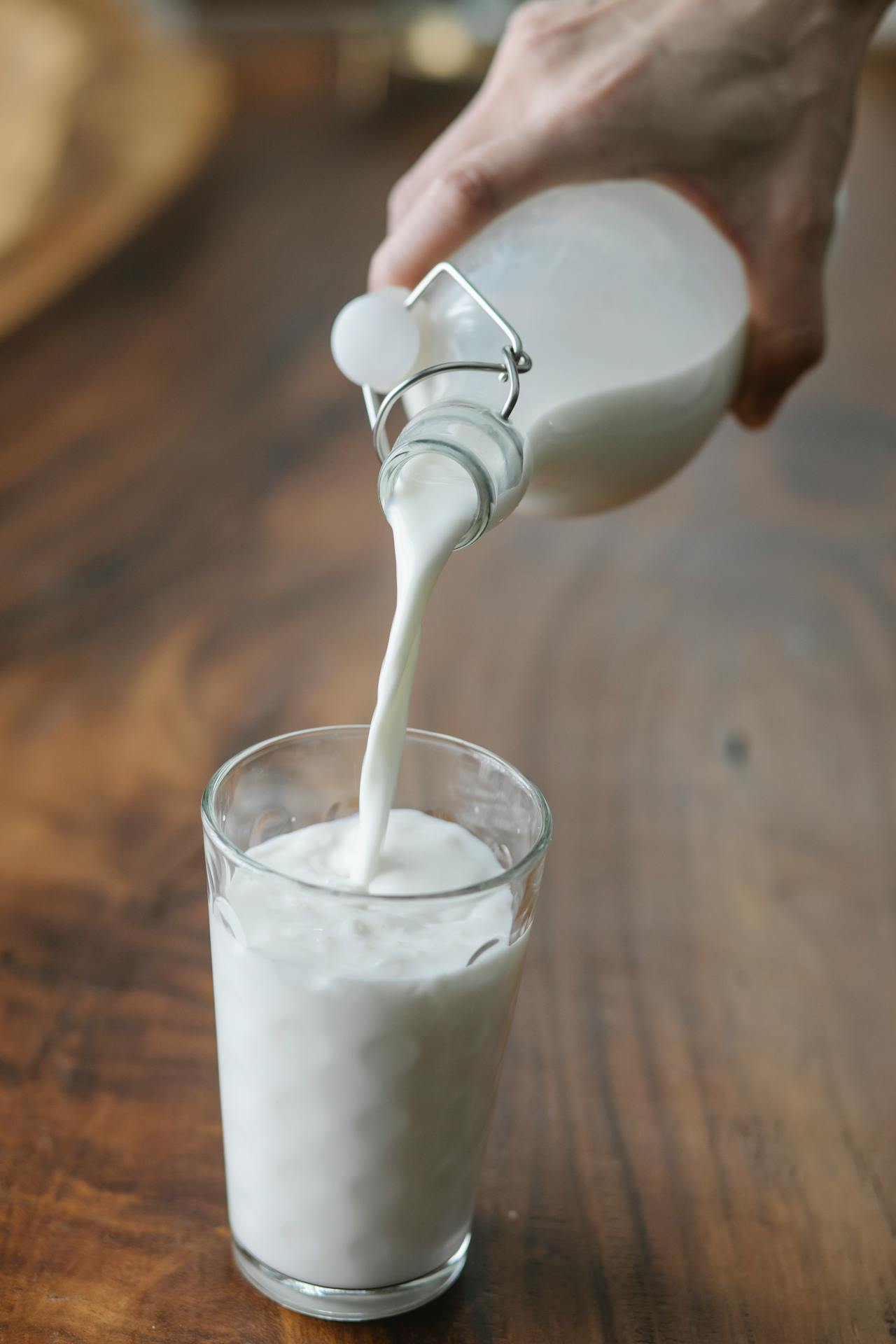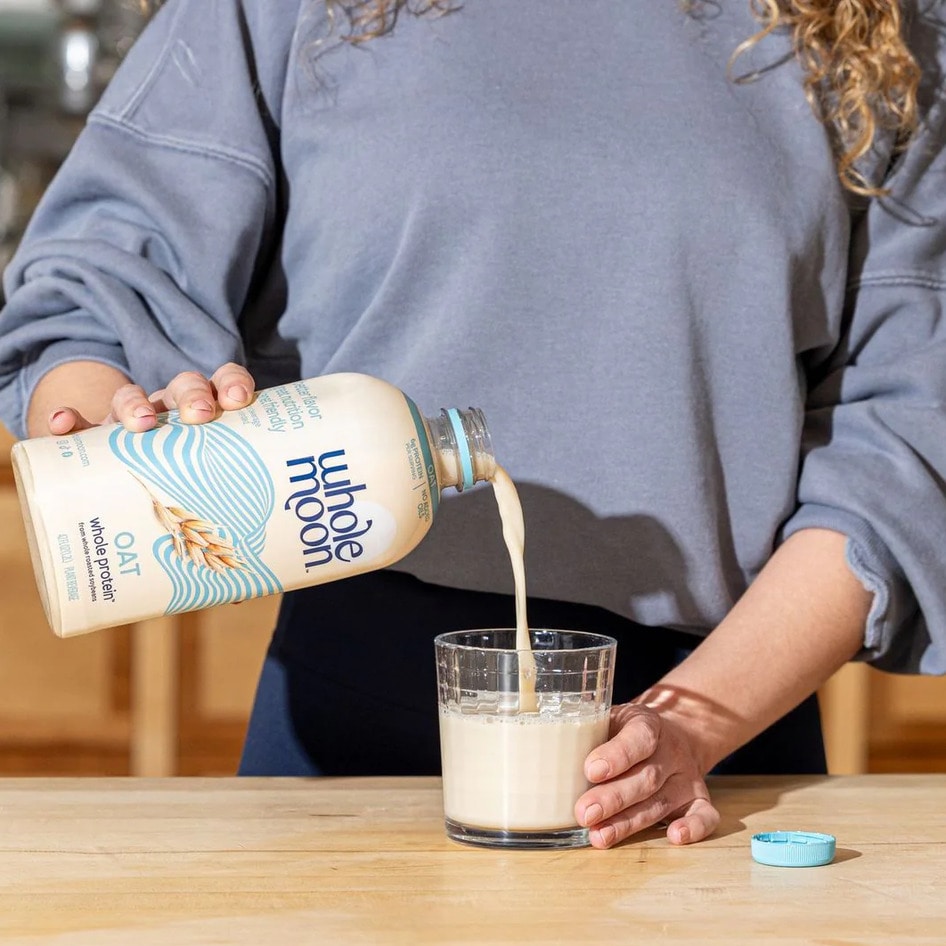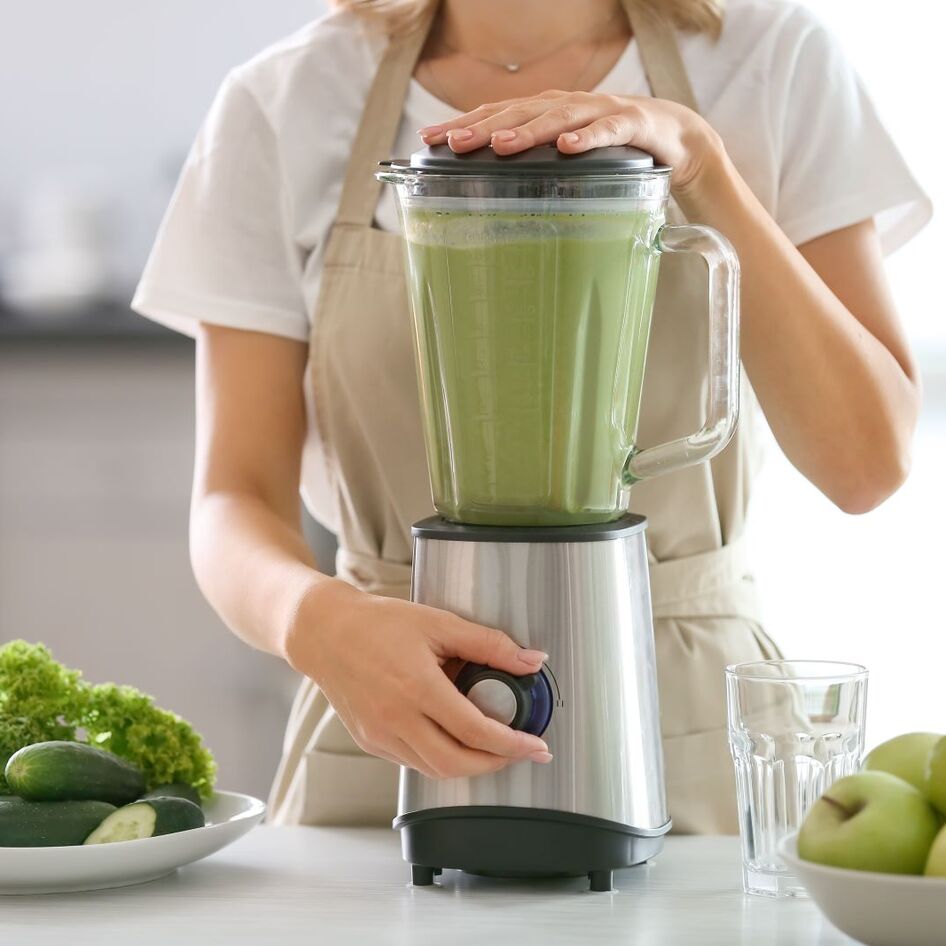During his tenure as US Secretary of Health and Human Services, Robert F. Kennedy Jr. has advocated for questionable nutritional policies not grounded in science. He is an avid supporter of replacing seed oils with beef tallow, for example, despite the latter’s serious health risks (heart disease chief among them).
When fast-food chain Steak ‘n Shake began frying its French fries in beef tallow earlier this year, Kennedy celebrated the move. “Congratulations @SteaknShake for being the first national fast-food chain to begin the transition away from seed oils,” he wrote on X. Despite Kennedy’s renouncement, experts say the backlash against seed oils is unwarranted.
Recently, Steak ‘n Shake announced yet another menu change. Starting December 1, the fast-food chain is changing its milk offerings—and sadly, that doesn’t mean plant-based milk is now on the menu. Instead, Steak ‘n Shake will be offering A2 milk—which comes from cows that have not been treated with rBST, a synthetic growth hormone used to increase milk production—across its nearly 400 US locations.
According to Steak ‘n Shake, it is switching to A2 milk because it is easier for people to digest.
What is A2 milk?
A2 milk is cow’s milk, but it’s a bit different from the kind most of us grew up drinking. Regular cow’s milk typically contains either A1 beta-casein or a mix of A1 and A2. A2 milk, however, contains only the A2 form of beta-casein.
Some research suggests that A2 milk, which is produced by certain breeds of cows like Guernsey and Jersey cows, may be easier to digest than A1 milk. This may be partly because it more closely resembles human breast milk. It is important to note, however, that both A1 and A2 milk contain lactose, so neither is suitable for people with lactose intolerance.
 Pexels
Pexels
While some animal studies support the idea that A2 milk may be easier to digest, research in humans is still limited. Recent studies show only a very small difference between A1 and A2 milk in terms of digestion.
Why not just switch to plant-based milk?
A2 milk is still cow’s milk, and so it remains associated with many of the negative impacts of the dairy industry. Animal agriculture is a major source of greenhouse gas emissions, for example. In contrast, plant-based milk is kinder to the planet, is naturally free of A1 beta-casein, and is associated with several health benefits.
“The consumption of plant-based milk has more benefits than that of dairy milk,” Michael McKinney, a physician and certified nutritionist, told VegNews. “They are usually less [in] saturated fats and calories, implying that they are better for the heart.”
“Also, plant milks are not processed with animal enzymes, especially lactose, and hence will be favorable to the large population that is allergic to lactose,” he added. “They also have no cholesterol and are less in environmental imprint, an extra benefit that consumers care about increasingly.”
 Pexels
Pexels
Unlike Steak ‘n Shake, some fast-food chains have made moves away from cow’s milk. In Austria, Burger King recently replaced all dairy with oat milk for a few days. In the end, it decided to bring back dairy as an option, which it now offers alongside Oatly’s new Baristomatic oat milk.
“For us, it is an important signal to promote the transition to a plant-based, and thus more sustainable, food system,” a spokesperson for Oatly told VegNews. “We are therefore delighted that major foodservice players such as Burger King Austria are supporting this mission and taking at least the first step toward offering their customers oat drinks as a plant-based option.”
For more plant-based stories like this, read:
JUMP TO ... Latest News | Recipes | Guides | Health | Subscribe









